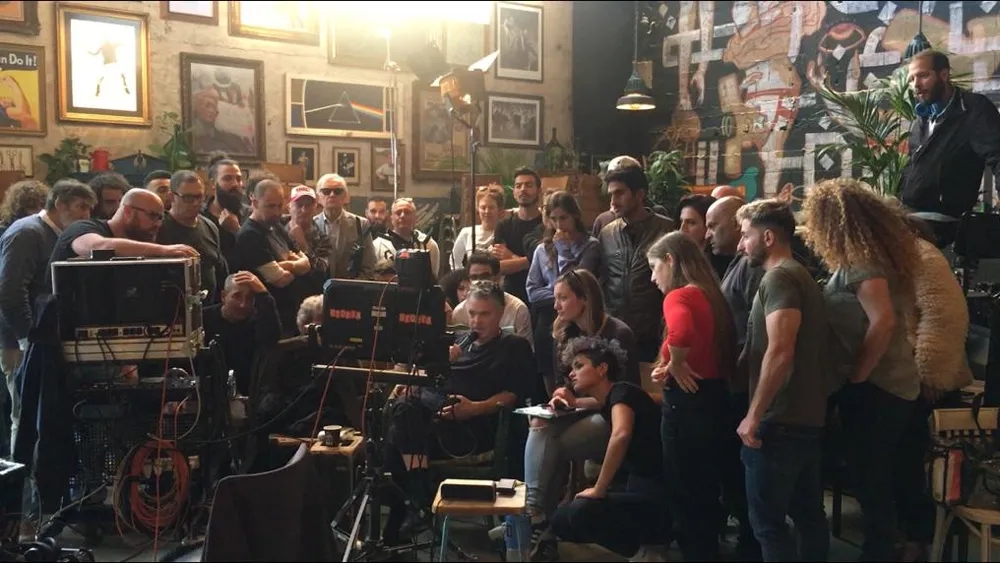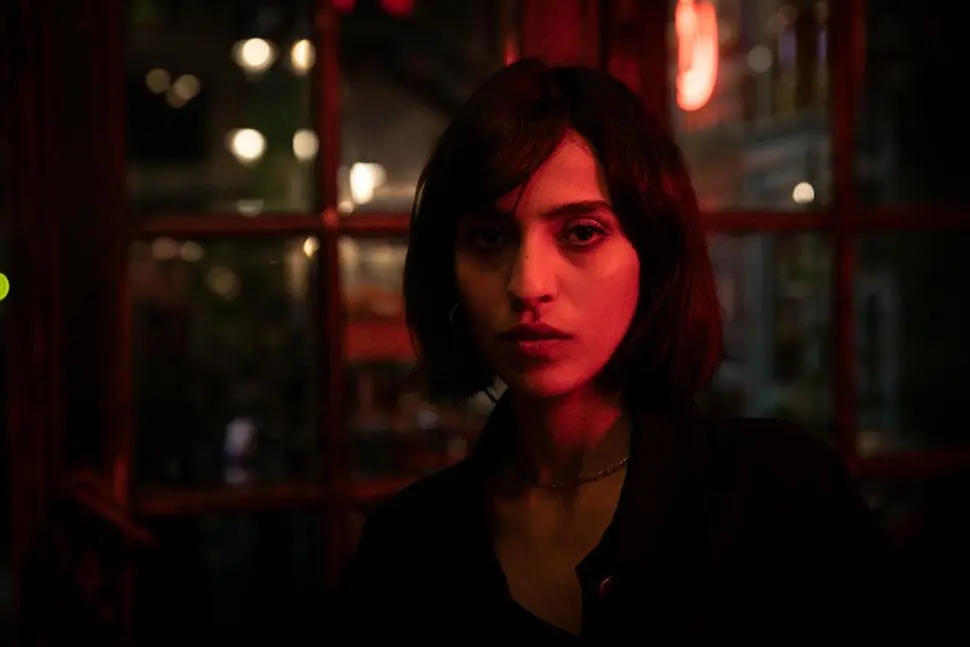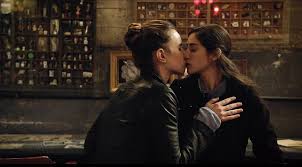Laila means night in Hebrew and Arabic so while this film has a protagonist called Laila it also aims to show a slice of Haifa nightlife at the Fattoush Bar/Club near the port and complete with restaurant, art gallery, bar and performance space.

Looks like a nice place to spend an evening but quite whether all this justifies the film I’m not sure. Veteran Israeli director Amos Gitai made the film to honour a space where Jews and Arabs socialize, where sexual and racial diversity is respected. A sort of model of what Israel could be like one day (the country clearly stepped a distance back from this in the last year).

Ostensibly this is a film about different women who are in the bar that night. Laila (Maria Zreik) (Palestine) runs the gallery and is the wife of a much older man, Kamal (Makram Khoury), who owns Fattoush and half the neighbourhood.
Their relationship is strained and she is banging Jewish Gil (Tsahi Halevi), the famous war photographer whose exhibition is opening.
Gil’s sister Naama (Naama Preis) appears moaning about her marriage and is soon seen sneaking off with an Arab she meets at the bar. Khawla (Khawla Ibraheen) is working in the kitchen and bemoaning the slavery of her marriage to Hisham, Bahira (Bahira Ablassi) is trying to blackmail Kamal in donating to the Palestine resistance cause and, in a cameo,
widow Hanna (Hana Laslo) is on a first date with a much younger man. Add in a couple of fraught gay men tussling about their relationship, a bossy art collector and her guest (Andrzej Seweryn)
and a drag performer and you should have the makings of a fun choral film.
Not really so. The film has potential but there are too many long declamatory dialogues in dark corners, knowing looks and the like. So, the interest of the venue and the appeal of the place is a melting pot soon wears off. Hanna gives us some humour, Gil has presence and I liked Khoury’s performance as Kamal but the rest seems like an exercise and many of the subplots just peter out completely. An odd possibly well-meaning piece but it became very pedestrian by the end with a lack of dramatic tension.

2 stars




